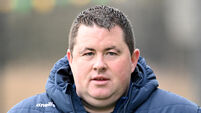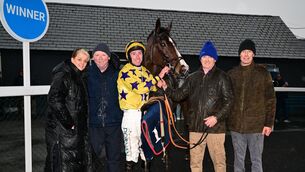Michael Moynihan: The secret world of paid GAA managers and under-the-table incentives
This is how the conversation goes. Johnny Green is at home watching the TV when his phone rings. It’s an unknown number, but that’s not unusual: As a former inter-county star working in sales, he’s used to random callers looking to talk about the products he’s selling as well as the most recent games.








